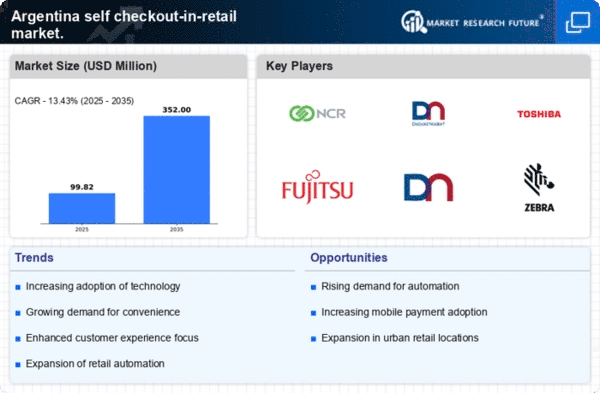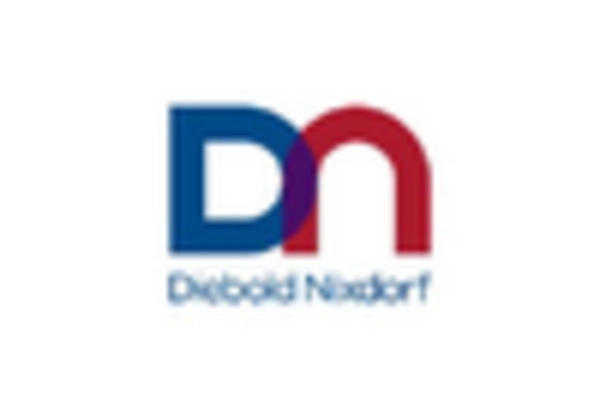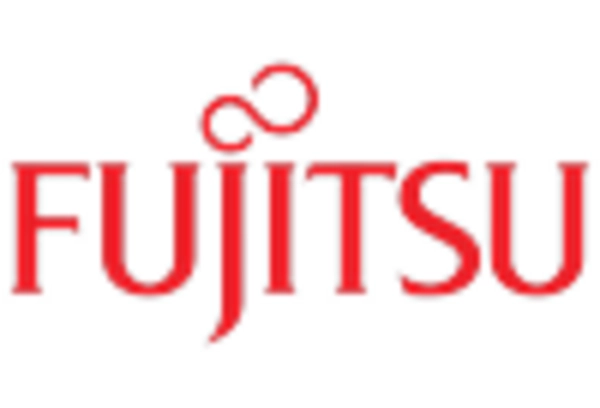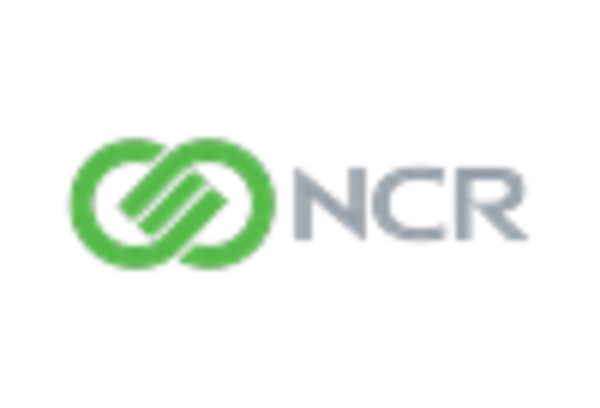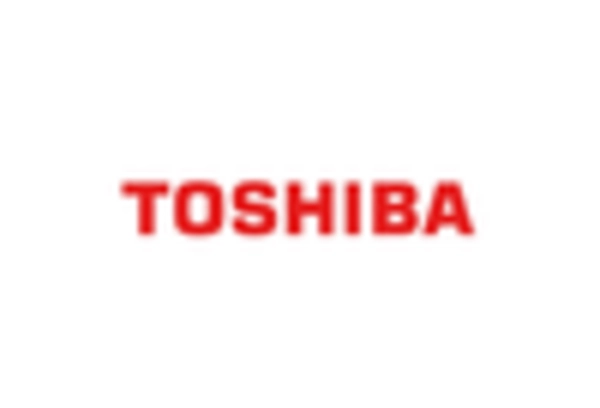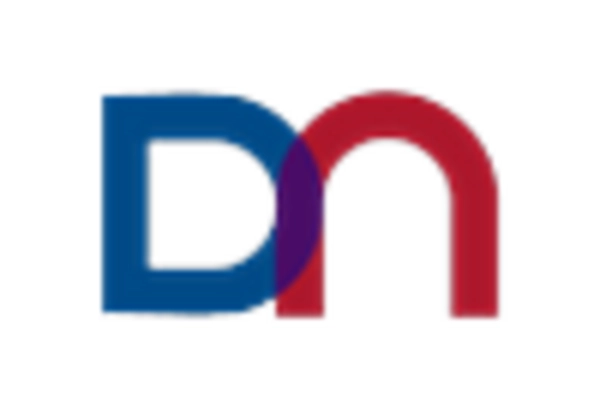Rising Labor Costs
In Argentina, the self checkout-in-retail market is experiencing a notable shift due to rising labor costs. As wages increase, retailers are compelled to seek cost-effective solutions to maintain profitability. The implementation of self checkout systems allows retailers to reduce the number of staff required at checkout points, thereby lowering operational expenses. This trend is particularly relevant in urban areas where labor costs have surged by approximately 15% over the past few years. Consequently, the self checkout-in-retail market is positioned to grow as businesses look to balance labor expenses with customer service efficiency.
Consumer Preference for Convenience
The self checkout-in-retail market is significantly influenced by the growing consumer preference for convenience in Argentina. Shoppers increasingly favor quick and efficient shopping experiences, leading to a rise in the adoption of self checkout systems. Recent surveys indicate that around 60% of consumers express a desire for faster checkout options, which self checkout systems provide. This shift in consumer behavior is prompting retailers to invest in self checkout technology to meet the demand for speed and convenience, thereby enhancing customer satisfaction and loyalty.
Shift Towards Omnichannel Retailing
The self checkout-in-retail market is benefiting from the broader shift towards omnichannel retailing in Argentina. Retailers are increasingly adopting integrated shopping experiences that combine online and offline channels. Self checkout systems facilitate this transition by allowing customers to complete purchases seamlessly, whether they are shopping in-store or using click-and-collect services. This integration is expected to enhance customer engagement and drive sales, as retailers leverage self checkout technology to create a cohesive shopping experience across multiple platforms.
Focus on Health and Safety Standards
In the context of the self checkout-in-retail market, there is a growing emphasis on health and safety standards in Argentina. Retailers are adopting self checkout systems as a means to minimize contact between customers and staff, thereby addressing health concerns. This trend is likely to encourage more retailers to implement self checkout solutions, as they provide a safer shopping environment. Furthermore, the self checkout-in-retail market is expected to see increased investment in hygiene-focused technologies, such as touchless payment options and sanitization measures, to enhance consumer confidence.
Technological Advancements in Retail
Technological advancements are playing a crucial role in shaping the self checkout-in-retail market in Argentina. Innovations such as mobile payment solutions and user-friendly interfaces are making self checkout systems more accessible and appealing to consumers. Retailers are increasingly integrating these technologies to streamline the checkout process, which has been shown to reduce wait times by up to 30%. As technology continues to evolve, the self checkout-in-retail market is likely to expand, driven by the need for retailers to stay competitive and meet consumer expectations.


